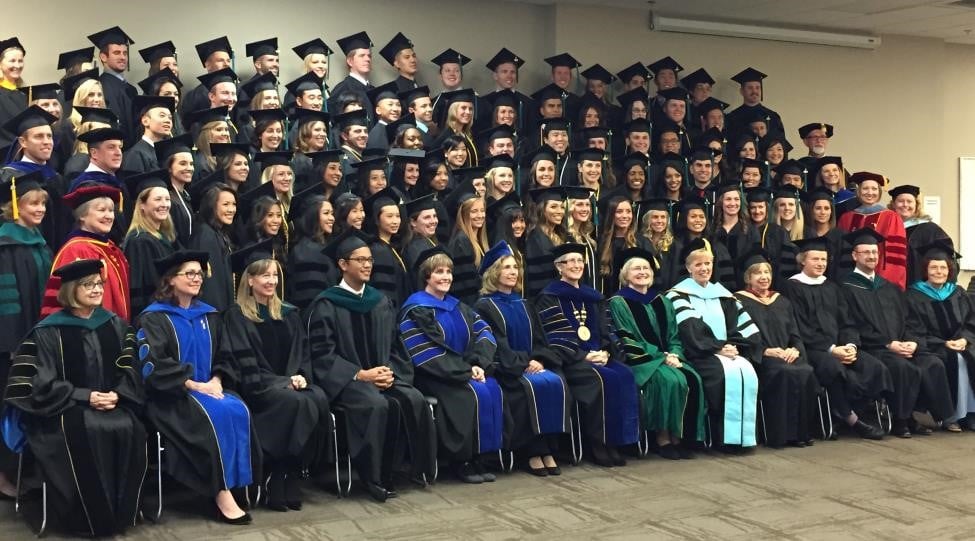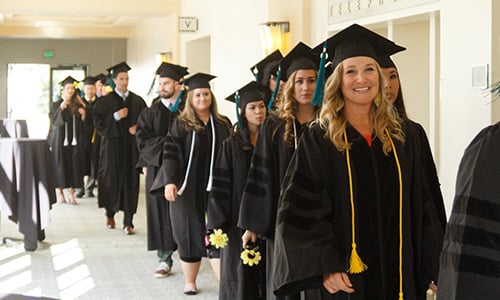 Did you know, There are over 9.9 million new cases of dementia each year worldwide, implying one new case every 3.2 seconds, according to Alzheimer’s Disease International Dementia Statistics Report? With developing medicinal practices and healthcare, it is likely that we will see improvements, hopefully putting an end to this devastating disease in the future.
Did you know, There are over 9.9 million new cases of dementia each year worldwide, implying one new case every 3.2 seconds, according to Alzheimer’s Disease International Dementia Statistics Report? With developing medicinal practices and healthcare, it is likely that we will see improvements, hopefully putting an end to this devastating disease in the future.
What is Respite Care?
Respite care is a service that provides temporary relief for primary caregivers of a child or adult. This gives primary caregivers a much-needed break from the demands of caring for a disabled, sick or aging family member. This short-term care can last anywhere from a couple of days to a couple of weeks.
Caring for Loved Ones with Alzheimer’s Disease
When caring for loved ones with dementia or Alzheimer’s disease, Jamie Williams ’08, and her mother, Janet, know firsthand the importance of individual attention and support.
Williams’ grandfather had dementia for more than a decade. In 2017, after brainstorming how they could improve services for both people with the disorders and their families, the mother-daughter duo opened Hidden Treasures Alzheimer Respite Ministry in Monroe, Louisiana. Located inside a church, the ministry offers daycare for up to 15 adults, four days a week.
Williams, a Master of Occupational Therapy (MOT) graduate, and her mother, a social worker, do everything from play dominoes and music to lead crafts and simple exercises to keep adults engaged.
“At University of St. Augustine for Health Sciences, some of my classes were in pediatrics and neuro,” Williams says. “A lot of the information correlates to what I’m doing today with my Alzheimer’s and dementia clients. Most of the time, we’re playing games.”
With dominoes, Williams says clients are working on cognition and attention to the task. With crafts like coloring and painting, they are working on fine motor skills.
“A lot of their Activities of Daily Living (ADLs) they also have to re-learn because they’ve forgotten how to wash their hands, or they’ve forgotten proper toileting and hygiene,” Williams says. “A lot of things you teach children to do you’re re-teaching these adults.”
The individual attention at Hidden Treasures has helped many of the adults improve their memory recall and language skills, she says.
And while occupational therapy is important, sometimes it just takes a caring word or two for them to feel safe.

“We have one gentleman who after lunch, he starts wondering where his spouse is,” Williams says. “He doesn’t know what he wants to do, and he’s cried a couple of times. We figured out he responds to the word ‘good.’ That word connects with him. I can look him in the eye, pat him and say, ‘You’re good.’ And he’ll just look at me and say, ‘I love you.’ In that moment, you know he gets that he is OK.”
The first week the client’s wife picked him up, she told Williams, “I don’t know what I would do without y’all. Just to be able to go home and take a nap has meant the world to me.”
“Those little hidden moments, when they come out, it’s like a breath of fresh air,” Williams says. “This is why we do what we do.”
Article written by Allison Eatough








